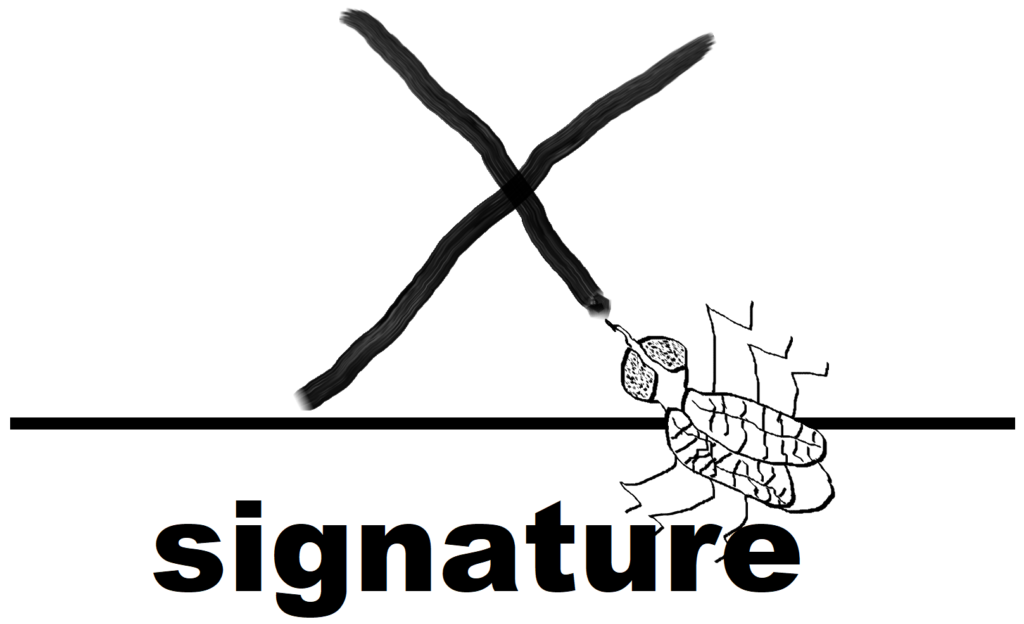
The Truce / The Stoning of the Clown
The air is fresh from the last rain. This air feels as humble as any air finding itself in a clearing in a long stumbling wood. The mosquitoes angling above the encircling trees fly unconcerned in to the armistice table with a grandiose, unnecessary arc. When they at last sit, for each mosquito one set of legs splays across the table, one set putters in their laps, one set dangles down from the ill-fitting seats. Across the table, a man, his two wives, a servant nervously squirm in their mass-manufacture chairs. Smaller mosquitoes above swirl in the air like child-tossed confetti. On the table there is a sheaf of papers in front of each participant, held against the breeze by a blot of amber. Wind plays at the edge of the pages, makes no progress. The man, moving as slowly as the fall of dry leaves, pulls a ballpoint pen from his starched shirt pocket and signs the top page of the sheaf of papers before him, reservedly pulls the paper from the stack and slides it to the bottom, resettling the amber. One mosquito bends forward and using his over-sized turgid proboscis signs a corresponding paper in residual blood. All the papers will be signed, but at the conclusion of this first pair of signings, one wife rises, goes to sit at the side of the nearest mosquito. The servant moves that wife’s untouched set of papers to her new seat. The partisans spattered in the woods move closer.
The Stoning of the Clown
An army of clowns, yes. But this one clown, stabbing reds and glow-worm orange, whiteface and oversized lips: he stands out more pointedly for being alone. He could be on his way to a child’s birthday party or a bank robbery or a members-only fetish-themed orgy. The fact that he is the only one makes him sternly suspect. With a clutch of mates, each perhaps festooned in different columns of clownware, small talk pressed between them like pebbles, no one clown would seem imperfect, beyond the dimension, or of ungainly motivation. But this lone conundrum: no matter his mission, he is up to no good. He presents himself, in his bearing, as prepared. No one is good enough to imagine pulling off an act of precise clownery alone, unless he does so not in public. Yet here he is, ambling unselfconsciously by the construction site where the macadam and sidewalk have been pulverized and wait for removal. All the concrete and rock-asphalt piled and preventing momentarily the onset of the new. He goes unthinking by and some fellow walkers wonder why he is so determined, why his costume does not humble him, what he has in his painted mind yet imagined to be done. And nearby, so much available rubble.
